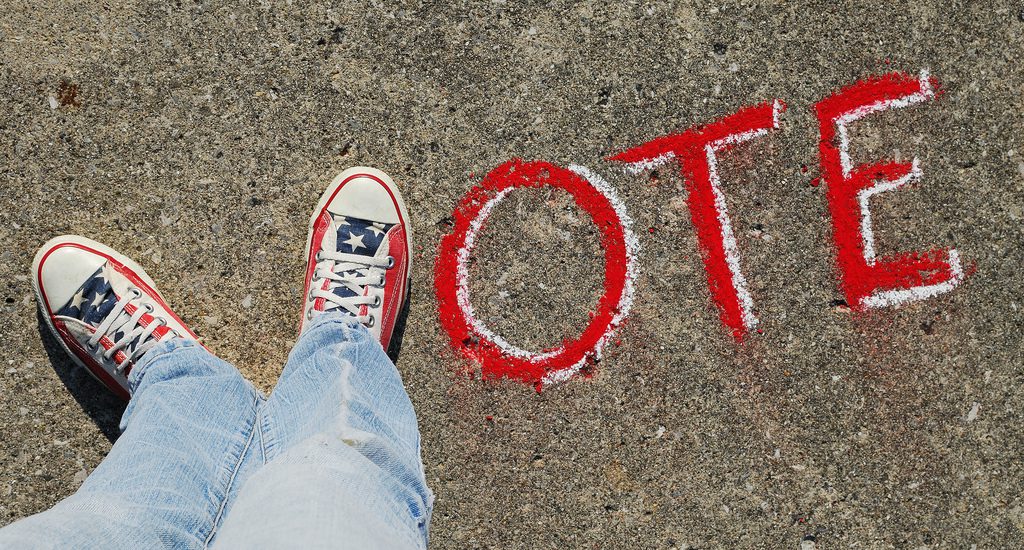
After yet another election season with a number of glitches, the problems with America’s voting system have been all over the news once again. Will the fuss die down after a few months like it has in past elections? Somehow I don’t think it will. In recent months, it has become increasingly evident that some of the same rights that were fought for and won during the Civil Rights Movement of the 1950s and ‘60s have come under fire. The movement, once considered a done deal, has recently gained new urgency.
Motion pictures, such as Lee Daniels’ The Butler and Ava DuVernay’s Selma, have brought that long, difficult struggle to new generations of Americans and people around the world. Sometimes media representations speak louder than words. During one gripping scene in The Butler, for example, authentic black and white photographs of a mob attack on a freedom riders’ bus in Anniston, Alabama, in May 1961, alternate with dramatic reenactments: fire bombs, screaming freedom riders, chaos, and crowds of whites spewing their verbal hatred galore. On the 25th anniversary of the 1961 freedom rides, Oprah Winfrey interviewed survivors of that terrifying act of racism. Memories of that traumatic experience still bring tears to the eyes of survivors and witnesses.
https://www.youtube.com/watch?v=nAyfoyfLsnQ
Similarly, the 1963 bombing of the 16th Street Baptist Church in Birmingham, Alabama, killing four young girls, is engraved into the minds of spectators during the first few minutes of Selma. The representation of the chatty, giggling girls in their brightly colored, perfectly pressed Sunday dresses blown to smithereens by KKK bombs certainly has left a lasting impression on me. These history-oriented Hollywood films and box office successes that personalize and emotionalize troubling historical events may have even affected President Barack Obama. During the last weeks of his presidency, Obama – with bipartisan support – designated new Southern Civil Rights memorials that commemorate the two events mentioned above. These events – along with many others – brought the racism and violence of the Jim Crow South into the living rooms across the United States in the ‘60s.
Remembering and memorializing the Civil Rights Movement and its great leaders is important, and both The Butler and Selma serve that purpose. However, watching movies alone will not ensure that the fundamental rights won in the ‘60s will survive new assaults from the Right. The time for action is now! “Glory,” Selma’s Oscar-winning title song performed by John Legend and Common, is unmistakably a rallying cry.
While progress, for example, has been made in overturning some voting restrictions, 33 states now have passed laws requiring the showing of pre-approved forms of identification at polling places in addition to voter registration cards. In 2012, only 4 states required such identification. As we all know, offices that issue driver’s licenses and ID cards are often neither centrally located, nor are they always easy to access with public transportation. And it is sad to say, but some people simply can’t afford the extra expense.
In 2015, on the 50th anniversary of the voting rights campaign in Selma, the son of Dr. Martin Luther King, Jr., encouraged people not to idolize his father but to embrace his ideals. In his commemorative speech given on that occasion, Martin Luther King III provides several suggestions for improving the flawed voting system, one of which is to put a photo on social security cards to make it easier for voters to prove their identity at polling places. Let’s all support that idea!
Voting rights: yesterday, today, and tomorrow – let’s not take them for granted.
21,758 Total Views, 3 Views Today






